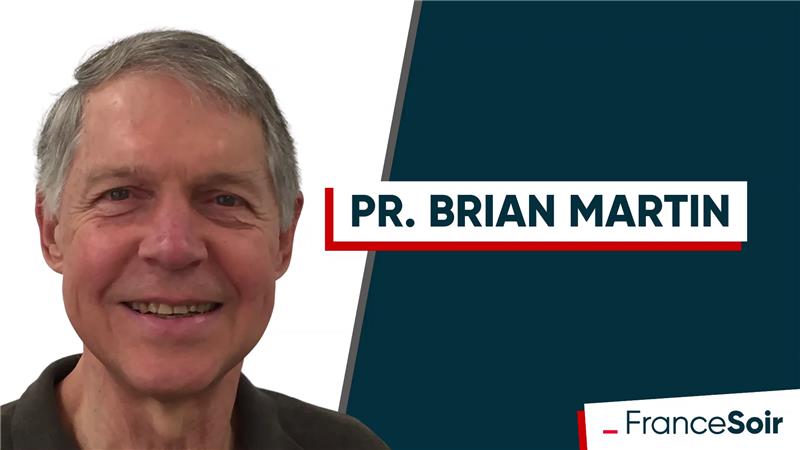FranceSoir

France Soir
"You have a dominant group that has almost a monopoly on expert opinion (...) But there is a few individuals who are critical on the dominant view and so they threaten to change it from a monopoly where all the experts agree to a debate... And a debate means : 'oh yes, maybe we don't know which one is right'. So those dissidents experts by questioning the orthodox view opinion represent a greater threat. And that's why they are attacked in various ways." In this "Debriefing", Brian Martin, emeritus professor of social sciences and a specialist in censorship, revisits an article entitled "Censorship and Suppression of COVID-19 heterodoxy: Tactics and Counter-Tactics", in which he participated with four other researchers.
This interview is an opportunity for him to explain his research work, whose goal was to warn the public of the disastrous effects of the absence of contradictory debate for medicine, science and public health since the emergence of the Covid-19 epidemic.
While censorship did not begin with the Covid-19 outbreak, it has taken on an unprecedented scale since the emergence of the virus. Brian Martin recounts the experiences of doctors and researchers who have been targeted for censorship because of their publications or statements that challenged the official viewpoint on Covid. He reports on the attacks and methods of destabilization used by the proponents of official viewpoint against individuals critical of health measures and vaccination policy in the general population.
He also described the counter-attacks of the persons censored who, after a period of fear, have responded by developing defensive strategies to continue to make their voices heard.
Brian Martin is emeritus professor of Social Sciences at the University of Wollongong in Australia. He is an expert in censorship, author of 22 books and hundreds of articles on nonviolence, whistleblowing, scientific controversies, information issues, and democracy.
The article published by Springer Scientific Editions was written in collaboration with Yaffa Shir-Raz, Ety Elisha, Natti Ronel and Josh Guetzkow.